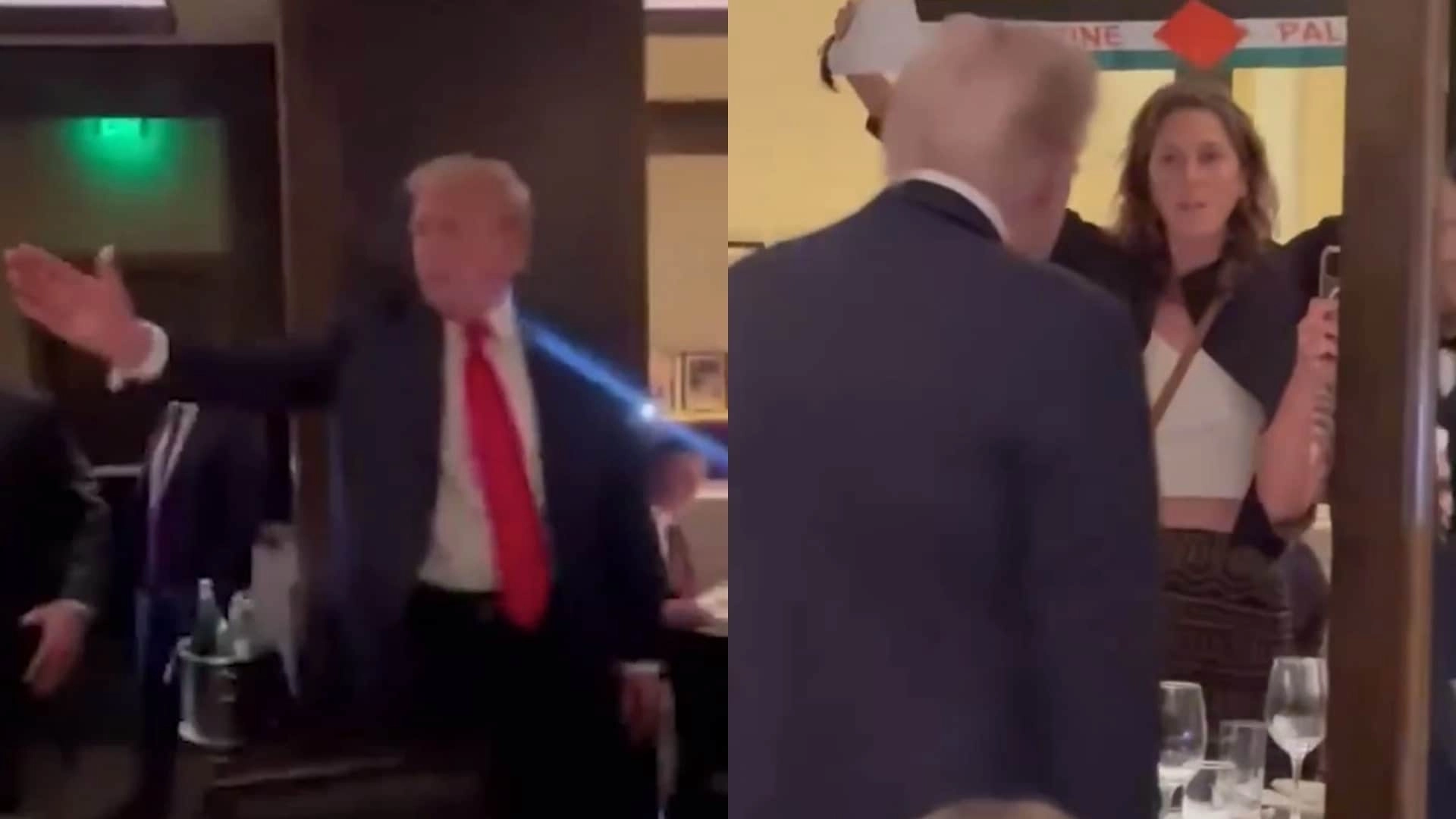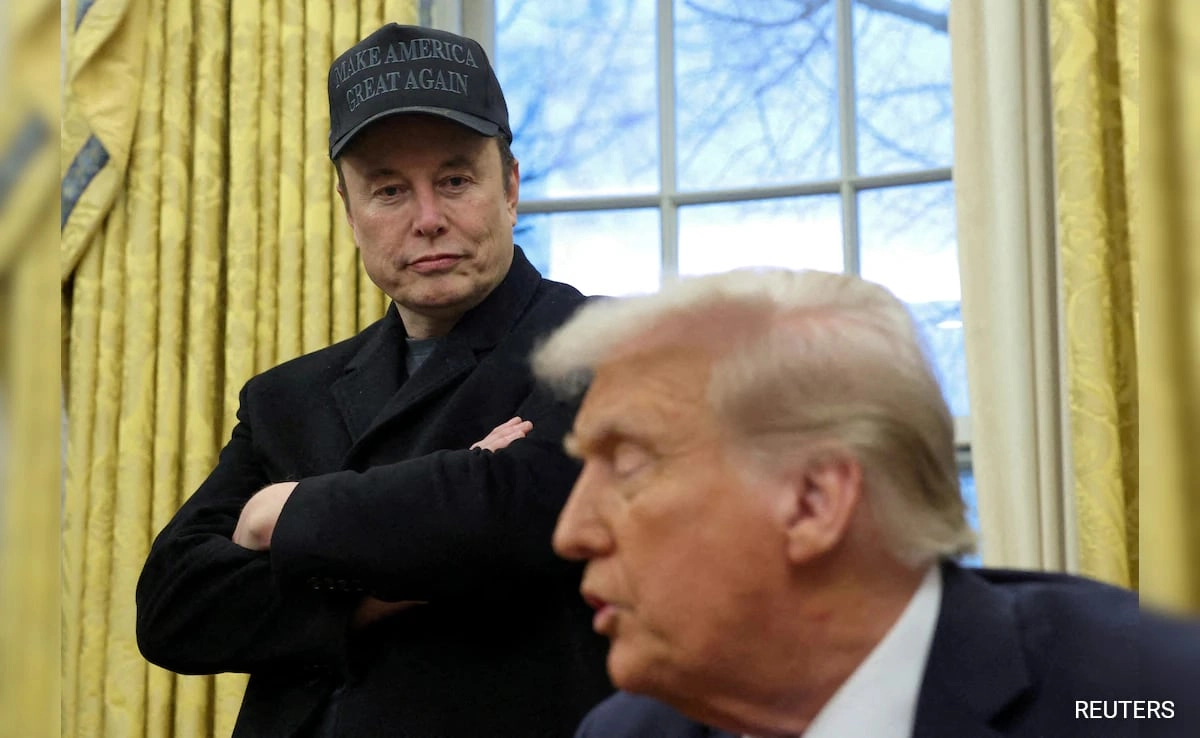Recently, former President Donald Trump found himself at the center of a heated public confrontation while dining at a restaurant. A group of pro-Palestine protesters targeted him with vocal dissent, drawing attention to their cause and expressing their discontent with his political stance. This incident reflects the ongoing tensions surrounding U.S. foreign policy in the Middle East, particularly concerning the Israeli-Palestinian conflict. The protesters used the moment to voice their frustrations, chanting slogans and holding signs that aimed to draw parallels between Trump’s actions and controversial historical figures, with some even labeling him as the “Hitler of our time.”
The demonstration not only disrupted Trump’s meal but also highlighted the broader societal divide over issues of foreign policy and human rights. Many protesters are motivated by the plight of Palestinians and seek to raise awareness about the humanitarian crises resulting from ongoing conflicts. Their choice of words and imagery, such as invoking Hitler, underscores the heightened emotions surrounding these discussions and the urgency felt by activists to bring attention to their cause. It also reflects a growing trend where public figures are confronted directly in their daily lives, demonstrating how political dissent is becoming increasingly visible in various public settings.
This event serves as a reminder of the polarizing nature of contemporary politics, where figures like Trump elicit strong reactions from both supporters and detractors. As more individuals engage in activism and voice their opinions publicly, the lines between political dialogue and confrontational protest continue to blur. The incident at the restaurant exemplifies how personal encounters with public figures can become flashpoints for broader social issues, particularly in a climate where many feel compelled to take a stand on pressing global matters. The ongoing discourse surrounding Palestine and Israel remains contentious, and demonstrations like this one indicate that activists are unwilling to remain silent, even when it means confronting powerful figures directly.




